Debian

About Debian
Debian is a Linux distribution system designed to help businesses run and manage various free and open-source applications. It allows IT professionals to manually install paid applications from various online repositories, which contain multiple software packages.
Debian enables software developers to streamline web and FTP site administration operations, monitor software licenses, and maintain software packages via a unified platform. It lets administrators standardize the layout of the Linux file system as per filesystem hierarchy standard (FHS). Other features include multi-lingual support, file management, system updates, and memory management. Using Debian’s package maintenance system, users can upgrade the entire system without reformatting or deleting custom configuration files and rebooting the system.
Debian includes a variety of applications including LibreOffice, Evince document viewer, Evolution mail, K3b disc burner, Firefox, GIMP image editor, VLC media player, and more. It also helps users handle package management operations and build live system images using a live-build tool for network booting purposes.
Images
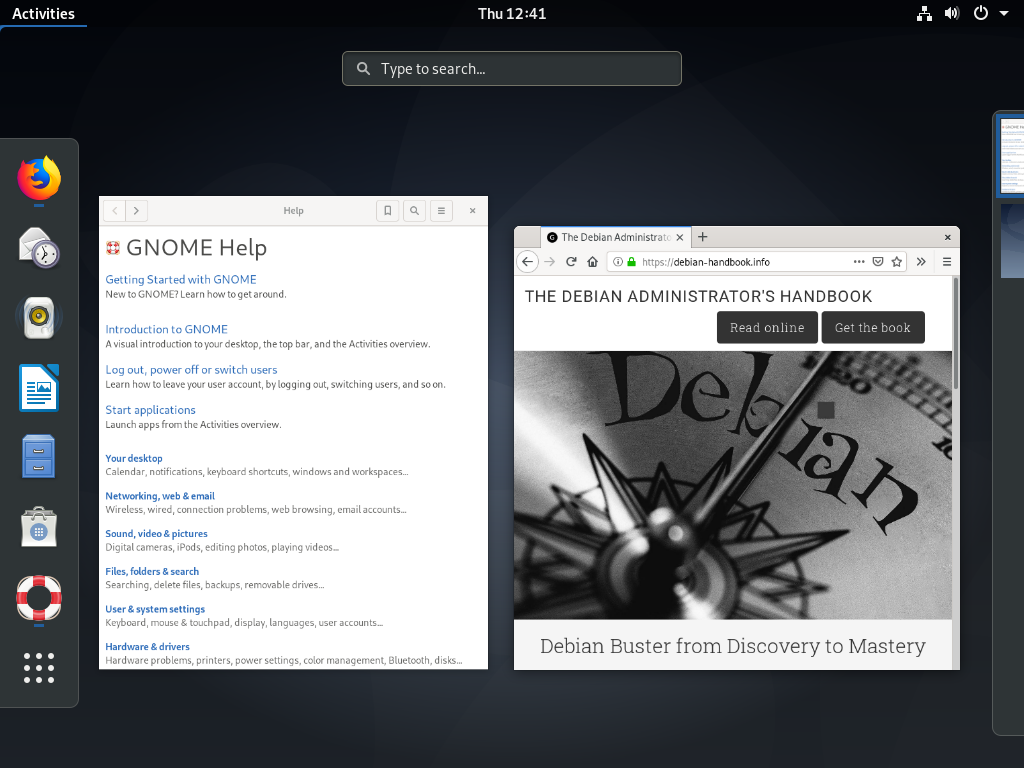
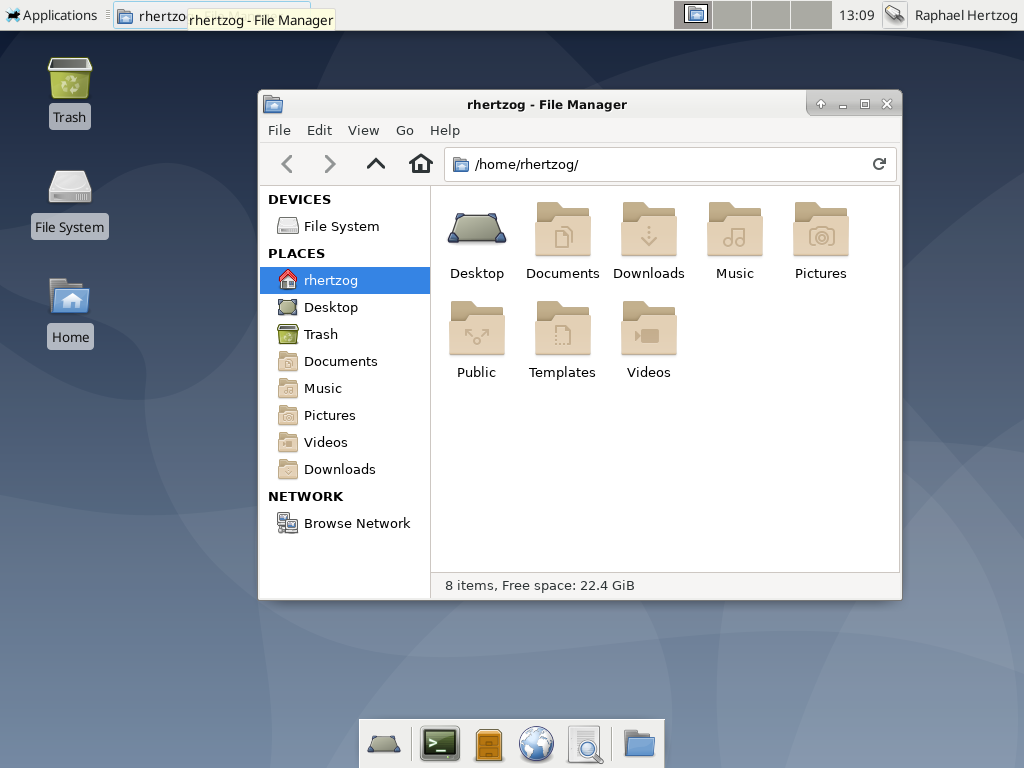
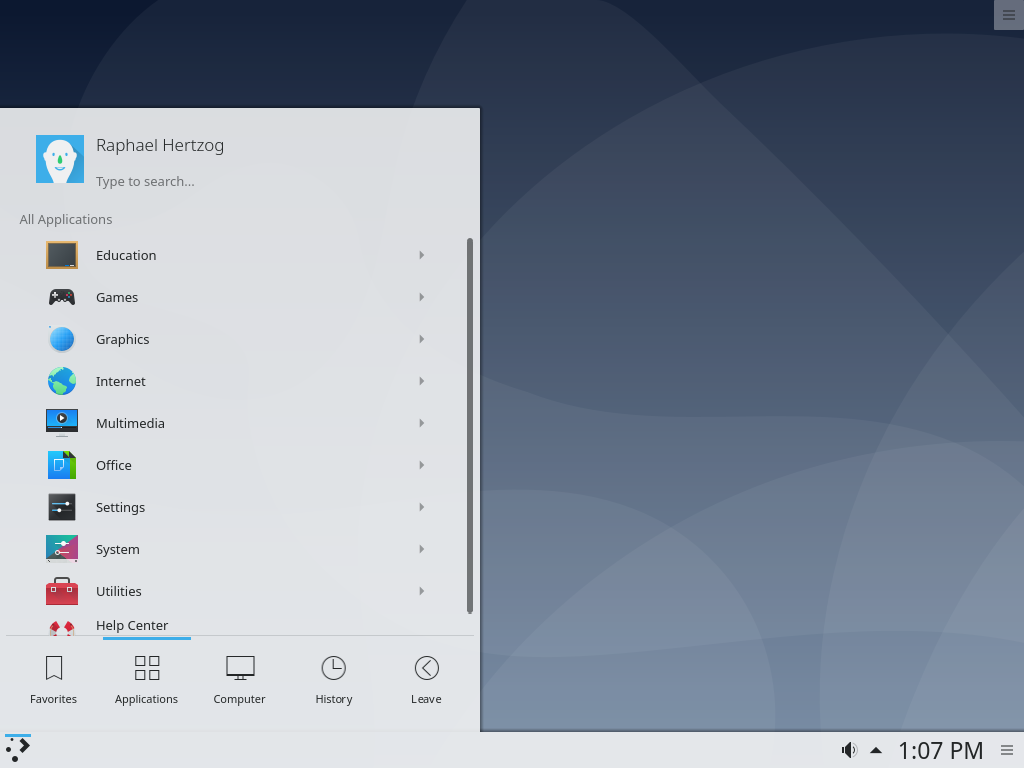
Not sure about Debian?
Compare with a popular alternative
Starting Price
Pricing Options
Features
Integrations
Ease of Use
Value for Money
Customer Service
Alternatives
Fedora Workstation

Linux Mint
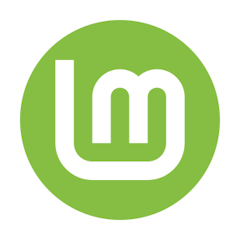
Oracle Linux
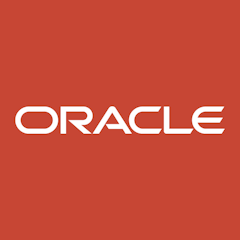
Raspberry Pi OS
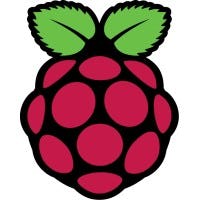
Reviews
Already have Debian?
Software buyers need your help! Product reviews help the rest of us make great decisions.
- Industry: Computer Software
- Company size: 51–200 Employees
- Used Weekly for 2+ years
-
Review Source
Overall rating
- Ease of Use
- Likelihood to recommend 10.0 /10
Open-source Linux OS that will be always free
Reviewed on 21/08/2021
Debian is a lightweight, robust, and fully customizable Linux OS that is also free and open-source.
Debian is a lightweight, robust, and fully customizable Linux OS that is also free and open-source.
Pros
The best part about Debian is that it's a free and open-source Linux-based operating system that is being developed and maintained by a community of people like us. New versions of Debian are released approximately every two years with five years of LTS. It is a good choice for web servers, personal computers, and IoT devices. It comes with extensive hardware support and 59000 installable packages. Many popular Linux distros like Ubuntu, Devuan, and Deepin are based on the Debian Linux system.
Cons
Debian LTS versions may not be always uptodate with security patches. Nonfree hardware drivers have to be downloaded from third-party websites. Limited enterprise-level support.
Reasons for Choosing Debian
We made a switch to Debian Linux OS because it is a fully community-driven project. It is best suited for our IoT projects.Reasons for Switching to Debian
We choose Debian over other Linux alternatives for its transparent source code and potential customization for a wide range of software solutions.- Industry: Accounting
- Company size: 2–10 Employees
- Used Monthly for 1-5 months
-
Review Source
Overall rating
- Value for Money
- Ease of Use
- Customer Support
- Likelihood to recommend 8.0 /10
Debian great distro for beginners
Reviewed on 01/11/2024
I started using Debian in 2020 when but as a beginner coming from using windows but it's a great...
I started using Debian in 2020 when but as a beginner coming from using windows but it's a great first time Linux distro
Pros
Great distro was my first Linux distro u used in 2020 when I was obsessed in learning linux
Cons
Everything is great expect learning command at first but with time and practice. It is possible
- Industry: Entertainment
- Company size: Self Employed
- Used Weekly for 6-12 months
-
Review Source
Overall rating
- Value for Money
- Ease of Use
- Customer Support
- Likelihood to recommend 7.0 /10
Debian is multipurpose
Reviewed on 16/09/2021
Pros
The best of Debian are: very adapted for different hardware, customizable and safe.
Cons
The worst of Debian are: Buggy updates and more difficult to install than other distributions.
- Industry: Retail
- Company size: 201–500 Employees
- Used Daily for 2+ years
-
Review Source
Overall rating
- Value for Money
- Ease of Use
- Customer Support
- Likelihood to recommend 10.0 /10
why debian and the benefit that you will get when use it
Reviewed on 21/05/2022
I have been using the Debian since the potato version. compare to other Linux distros like the...
I have been using the Debian since the potato version. compare to other Linux distros like the RPM-based (Redhat, centos), based on my personal experience Debian is the best. It really suit my need for a powerful server service on the cloud base or on premise
Pros
- stable, debian only release the stable package, means that only if the app has been tested it will be deploy /reelease.
- powerful, time has proved that debian is the most powerful linux distro
- a lot of other distro using debian as the based, example ubuntu
- off course its free, no charge at all when you used it
Cons
- no official support only community
- no long time support
- late on release the new version
Alternatives Considered
UbuntuReasons for Choosing Debian
- Redhat is costly, quite expensive - a lot of buggy package that came with Redhat ( at that time when decided to switch to Debian)Reasons for Switching to Debian
besides it stable Operating system, even no official support but Debian have great community that will help to solve the issue- Industry: Computer Software
- Company size: 2–10 Employees
- Used Daily for 2+ years
-
Review Source
Overall rating
- Value for Money
- Ease of Use
- Likelihood to recommend 10.0 /10
For your servers
Reviewed on 18/04/2022
I've used a LOT of different distros over a lot of years - starting with Slack when it first came...
I've used a LOT of different distros over a lot of years - starting with Slack when it first came out, and Redhat (before it was Fedora), Arch, CentOS, and OpenSUSE to name a few. Debian stands out as the no-nonsense distro for production systems.
Pros
Debian strikes the perfect balance between new-package availability and system stability... which is exactly what's needed for a production application environment. In my opinion, Debian (and Debian-based distros) have the best package manager: apt (and apt get).
Cons
Debian outshines other distros as a production server, but it falls behind other distros as a desktop distro, like Ubuntu, that trade a bit of stability for more cutting-edge applications and application versions. That said, you can usually strike your own balance between new versions and stability by using Personal Package Archives (PPAs).
Debian FAQs
Below are some frequently asked questions for Debian.Q. What type of pricing plans does Debian offer?
Debian offers the following pricing plans:
- Starting from: USD 0.00
- Pricing model: Free Version
- Free Trial: Not Available
Debian is available for free.
Q. Who are the typical users of Debian?
Debian has the following typical customers:
Self Employed, 2–10, 11–50, 51–200, 201–500, 501–1,000
Q. What languages does Debian support?
Debian supports the following languages:
Arabic, Bulgarian, Catalan, Chinese, Dutch, English, Estonian, French, German, Italian, Korean, Norwegian, Polish, Portuguese, Russian, Spanish, Traditional Chinese
Q. Does Debian support mobile devices?
Debian supports the following devices:
Q. What other apps does Debian integrate with?
We do not have any information about what integrations Debian has
Q. What level of support does Debian offer?
Debian offers the following support options:
Email/Help Desk, FAQs/Forum, Knowledge Base
Related categories
See all software categories found for Debian.



